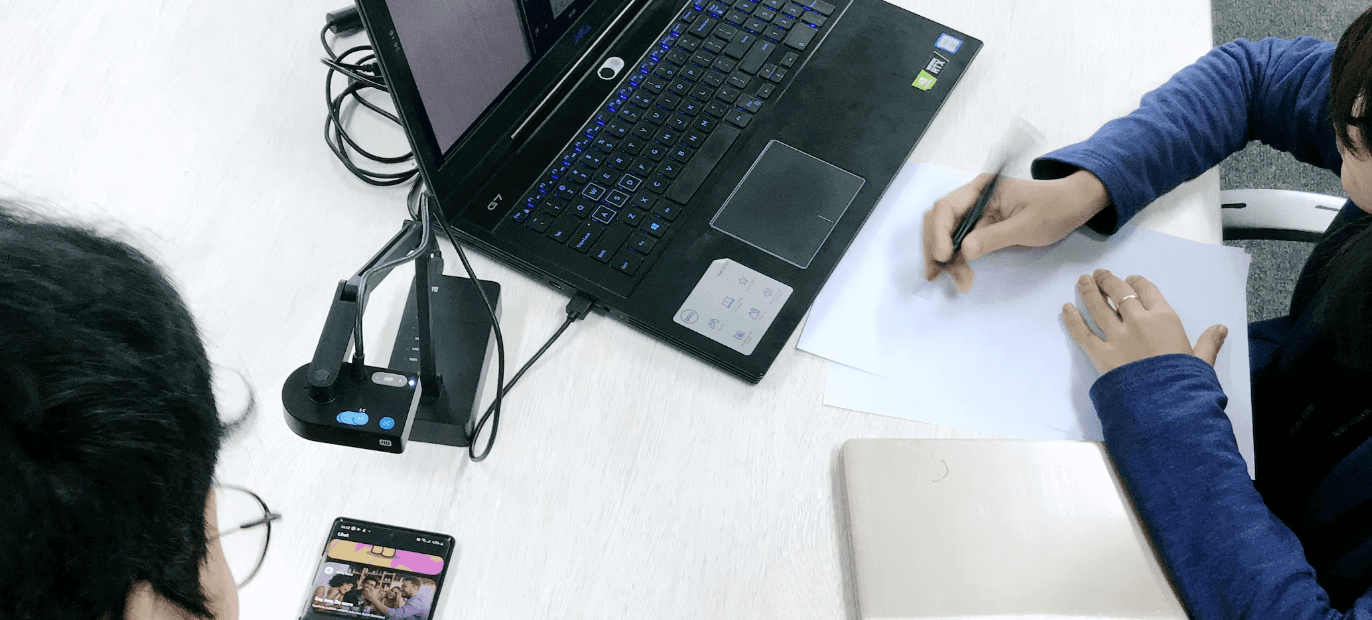2
min to read
Jan 3, 2024
In the fast-paced world of digital marketing, the use of Artificial Intelligence (AI) and A/B testing has become increasingly prevalent in enhancing the effectiveness of push notifications. This article will explore the key methods of sending effective push notifications through A/B testing, the impact of AI on customer engagement, and the future of automated customer journeys in lifecycle marketing.
A/B Testing for Push Notifications
A/B testing, also known as split testing, is a method of comparing two versions of a marketing asset to determine which one performs better. When it comes to push notifications, A/B testing allows marketers to experiment with different variables such as message copy, timing, and design to identify the most effective strategies for engaging their audience.
Key Elements of Push Notification A/B Testing
Message Copy: Testing different variations of the notification message, including wording, tone, and call-to-action, to understand which version resonates better with the audience.
Timing: Experimenting with the timing of push notifications to determine the best time of day, week, or month to send messages for optimal engagement.
Design and Content: Testing various designs, images, and links to understand their impact on user engagement and conversion rates.
Emojis: Assessing the impact of emojis on open rates and user engagement to determine the most effective use of these visual elements in push notifications.
The Role of AI in Customer Engagement

AI has revolutionized customer engagement and lifecycle marketing by enabling businesses to analyze vast amounts of customer data and deliver highly personalized experiences. Some of the key ways AI enhances customer engagement include:
Predicting Customer Churn: AI can analyze data to identify customers with a high probability of churning, allowing businesses to take proactive measures to retain valuable customers and reduce attrition.
Personalization: AI algorithms help identify patterns that can be used to boost client engagement and satisfaction levels, leading to increased conversion rates for businesses.
Data Integration and Automation: AI enables businesses to integrate data from various sources, leading to better customer segmentation and more personalized marketing campaigns.
Generative AI and Reinforcement Learning: These AI technologies are revolutionizing lifecycle marketing by allowing for 1:1 personalization and automation of the experimentation process, leading to faster and more efficient customer engagement.
The Future of Automated Customer Journeys

The future of automated customer journeys is being shaped by AI, which is revolutionizing lifecycle marketing and enhancing customer engagement. AI's impact on customer retention and lifecycle marketing can be observed in the following areas:
Predictive Analytics: AI can help marketers narrow in on specific sets of customers based on criteria, such as their predicted lifetime value, allowing for more targeted and personalized marketing campaigns.
Data Science and Automation: AI is enabling businesses to integrate data from various sources, leading to better customer segmentation and more personalized marketing campaigns.
AI-Driven Customer Service: AI customer experience is improving by implementing chatbots, conversational UX, and machine learning to enhance every touchpoint, leading to more efficient and personalized interactions with customers.
Conclusion
In conclusion, the use of AI and A/B testing has significantly improved the effectiveness of push notifications in engaging customers and driving business results. By leveraging A/B testing, marketers can experiment with different variables to identify the most effective strategies for push notifications. Additionally, the integration of AI in lifecycle marketing has revolutionized customer engagement, enabling businesses to deliver highly personalized experiences and optimize customer journeys. As AI continues to advance, its role in lifecycle marketing will become increasingly important, making it essential for businesses to embrace this technology and adapt to the changing marketing landscape.




